The PAW Staff Recommends: Favorite Books Written by Princetonians
The end of 2022 is upon us, and once again we, the PAW staff, have reached into our collective bookshelves to share some of our favorite volumes written by Princetonians. This selection will make you laugh, learn, and stay up late turning the pages — but you don’t have to take our word for it.
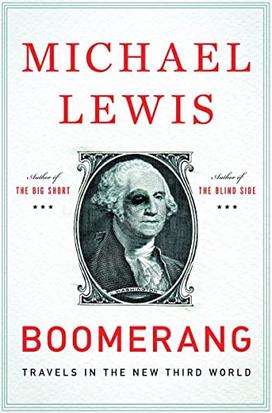
Who would think a book about nations burying themselves in debt could be so funny? Lewis makes it so through the characters he introduces to his reader, including Greek monks, Icelandic fishermen-turned-bankers, and a hedge fund manager who bought twenty million nickels. The net effect is like a travelogue, as Lewis shows how out-of-control lending and spending in the early aughts forced whole countries to reveal quirky facets of their national characters. — Liz Daugherty
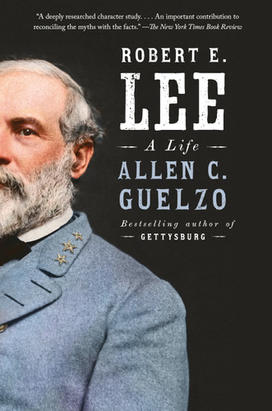
Guelzo, who has appointments in both the Humanities Council and the James Madison Program in American Ideals and Institutions, begins his biography of the leading general of the Confederate Army by asking how one writes about a traitor. He then dissects Lee’s life, thoroughly and dispassionately, capturing what made him successful without shying away from the fact that Lee applied his talents toward destroying the democracy he claimed to revere. By approaching his controversial subject in a manner that is “mercifully free of … grandstanding,” this enlightening book is, as columnist George F. Will *68 put it, “exactly what the country needs.” — Mark F. Bernstein ’83
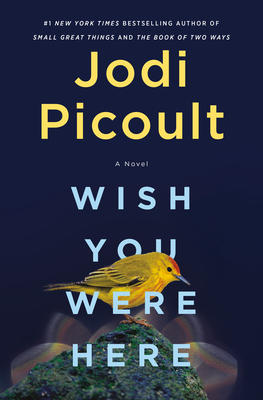
I was hesitant to read a book about the pandemic since we are still living through it, but Picoult’s book grabbed my attention right from the start. It takes readers back to March 2020 in New York City where main character, Diana O’Toole, is navigating this major disruption to her life. She decides to go solo on a pre-planned vacation as her boyfriend, a surgical resident, decides it’s best to stay behind. Diana ends up stranded in the Galapagos once the islands go into lockdown, and it leaves her with a lot of time to reflect and reevaluate her life. The book does a wonderful job capturing those feelings of uncertainty and various mixed emotions we’ve all felt during this time. There’s a major twist at the end that’s even more fascinating once you read Picoult’s author’s note about her research for the book. — Carlett Spike
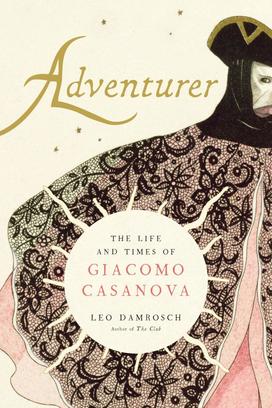
Read this book, and the next time you hear someone praised as a romantic “Casanova,” you’ll spit out your tea. Held to modern standards, the real-life Casanova was a sexual predator, and Damrosch is unflinching in his accurate portrayal. That’s not to say Casanova was all bad; in fact, we owe much of our understanding about life in 18th-century France to his writings. But on the whole, a critical read of this historic figure is eye-opening — if not eye-popping. — Liz Daugherty
Bonus: Listen to our PAWcast with Damrosch.
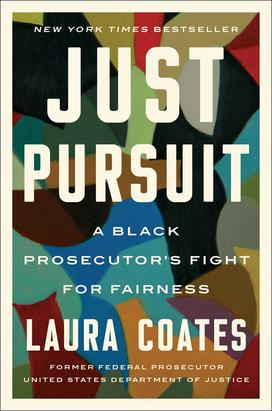
“The pursuit of justice creates injustice.” That’s the first line of Coates’ book, where she goes on to share a series of short narratives from her experiences working as a prosecutor for the U.S. Attorney’s Office in Washington, D.C. You can feel Coates’ heartbreak through her writing as she details the struggles she faced upholding the law against her identities as a Black woman and a mother. It was a really interesting and insightful read about the powerful and the powerless in the justice system. — Carlett Spike
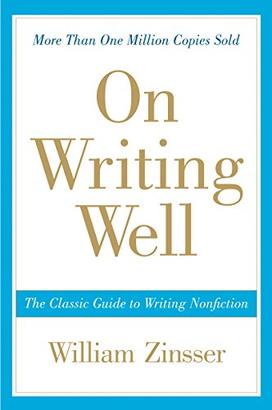
Zinsser, a veteran editor and teacher who died in 2015, was never shy in advising fellow writers, but what stands out in this guide to nonfiction is how readily he trains a critical eye on his own work. At the end of the second chapter of On Writing Well, for example, he includes two typescript pages from an earlier draft, reproduced with his edits marked in pen. The message is one of many worth remembering: “Very few sentences come out right the first time, or even the third time. … If you find that writing is hard, it’s because it is hard.” — Brett Tomlinson









No responses yet